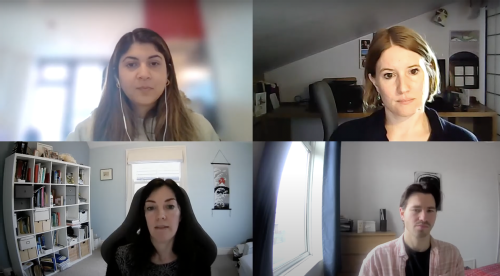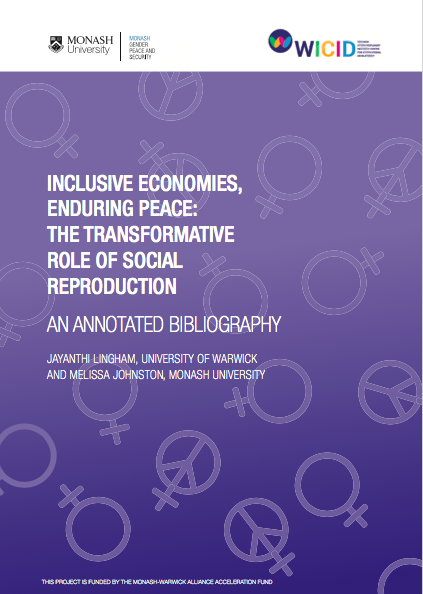WICID Methods Lab Podcasts and Other Resources
Methods Lab Podcast Series

Using Diary Method in International Development Research
Facilitator:
Emily F. Henderson, Reader, Department of Education Studies, University of Warwick (Twitter: @EmilyFrascatore)
Contributors:
Ahmad Akkad, Doctoral Researcher & Research Assistant, Department of Education Studies, University of Warwick (Twitter: @AhmadAkkad_)
Penny Plowman, External Research Associate, School of International Development, University of East Anglia ( @PJPlowman)
Nidhi S. Sabharwal, Associate Professor, CPRHE/NIEPA & Honorary Associate Professor, Department of Education Studies, University of Warwick (Twitter: @01Nidhi).
Participatory Ethos Podcast - Data & Displacement
Contributors:
Vicki Squire, Professor, Department of Politics & International Studies, University of Warwick (WICID Steering Committee)
Briony Jones, Reader, Department of Politics & International Studies, University of Warwick (WICID Director)
Podcast Series on Policy Analysis
Contributors:
Romain Chenet, Teaching Fellow, Department of Global Sustainable Development, University of Warwick
Maria Gavris, Senior Teaching Fellow, Department of Global Sustainable Development, University of Warwick
Marco J Haenssgen, Assistant Professor, Department of Global Sustainable Development, University of Warwick



